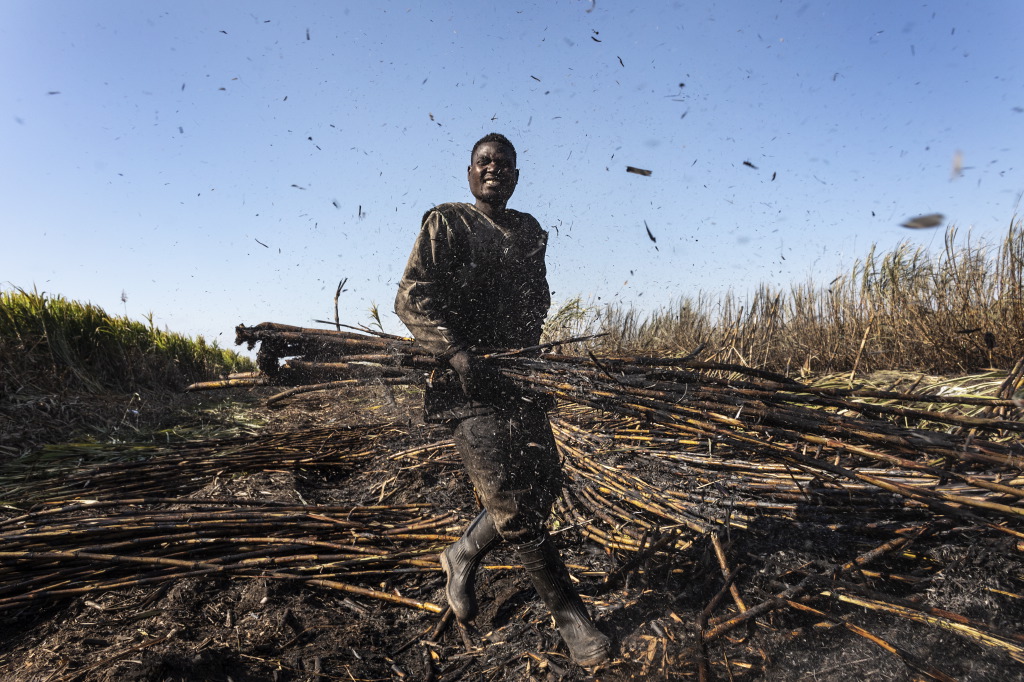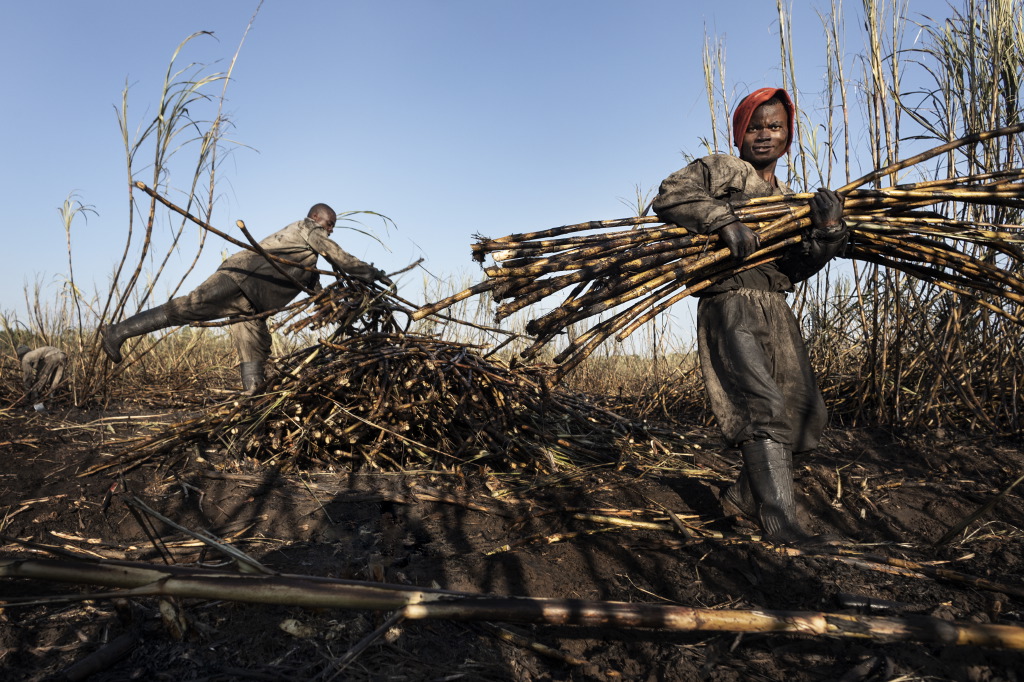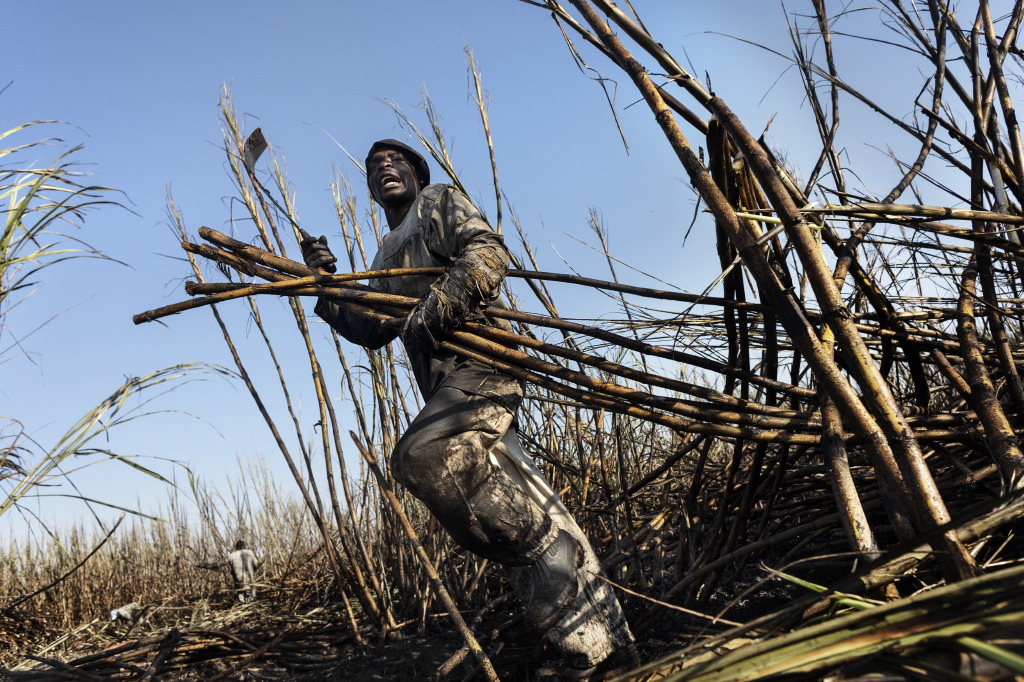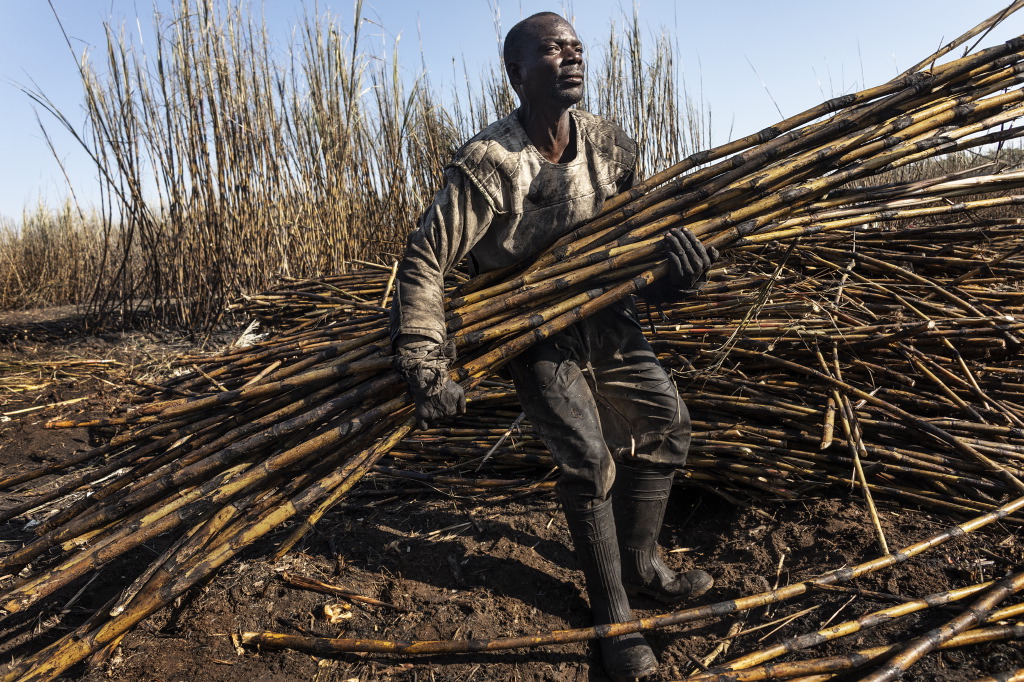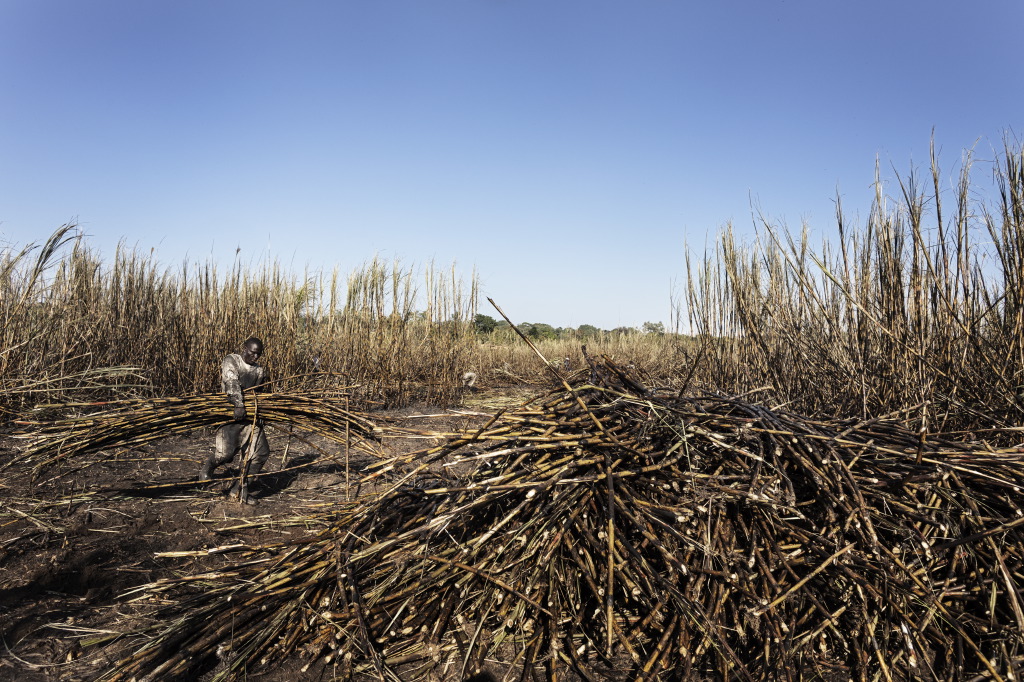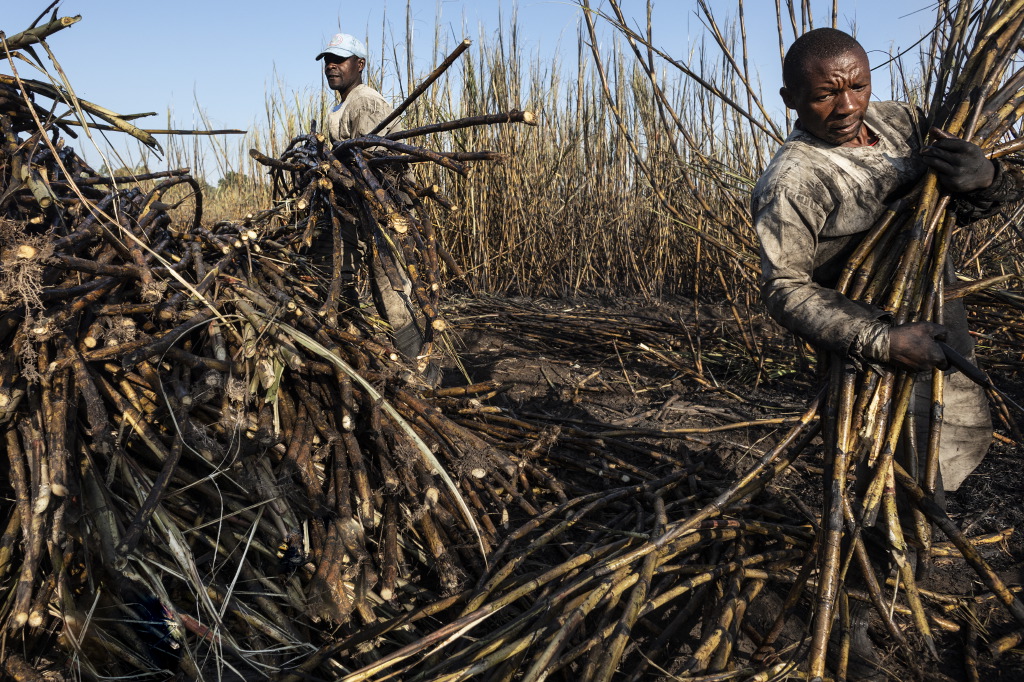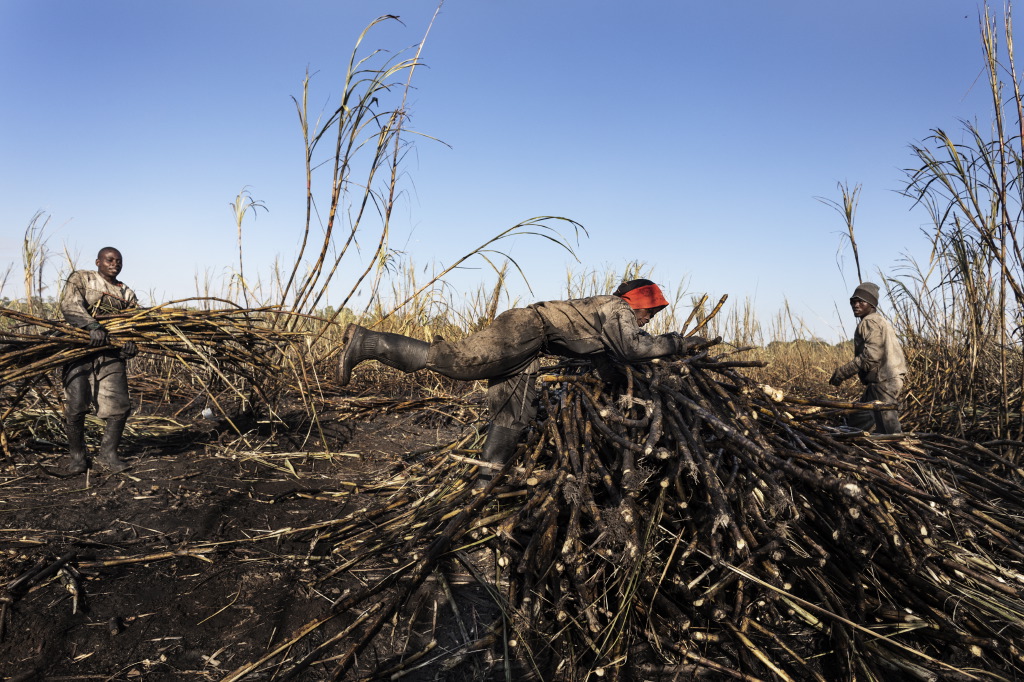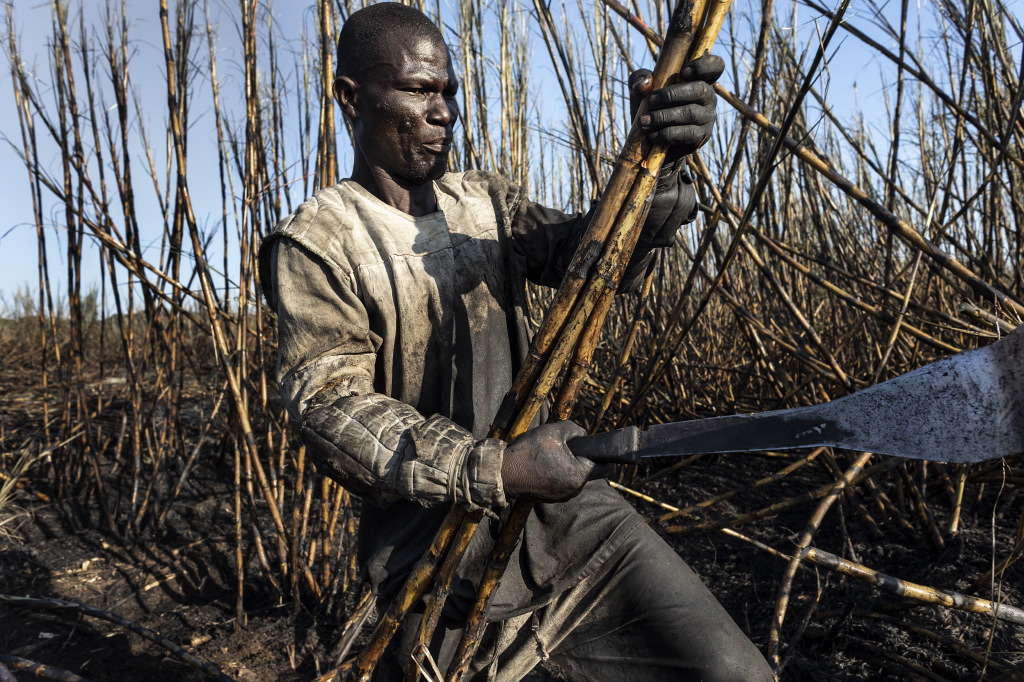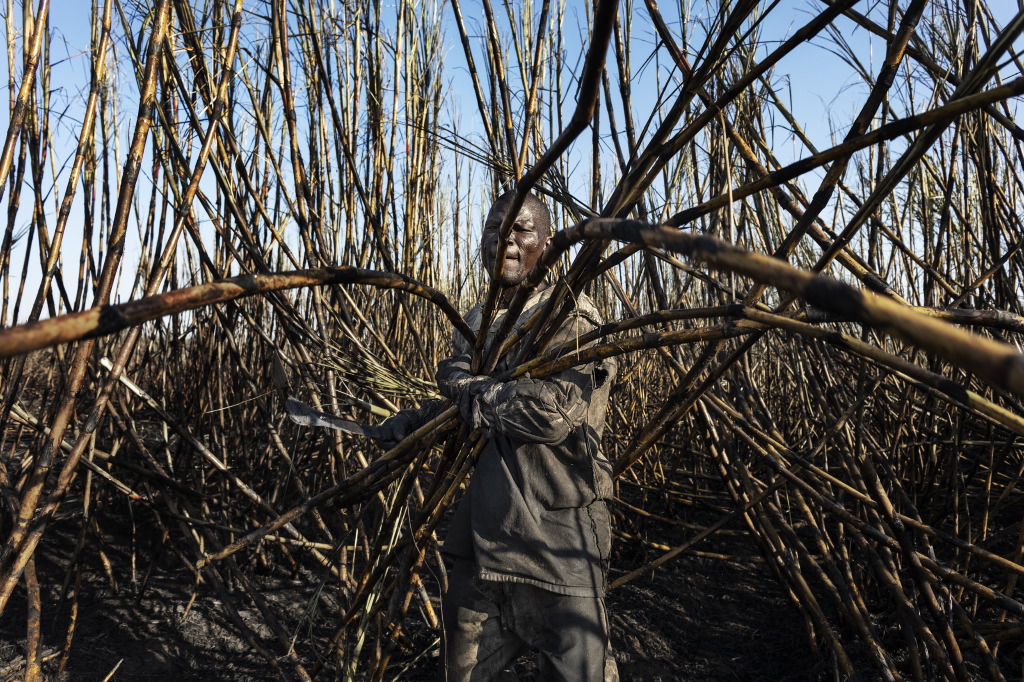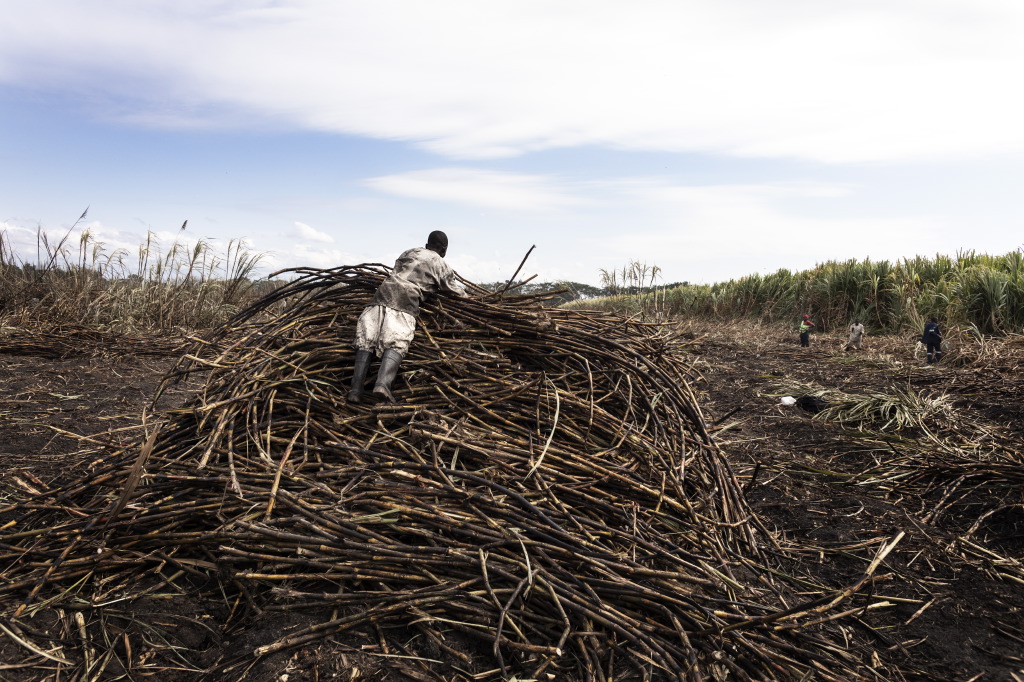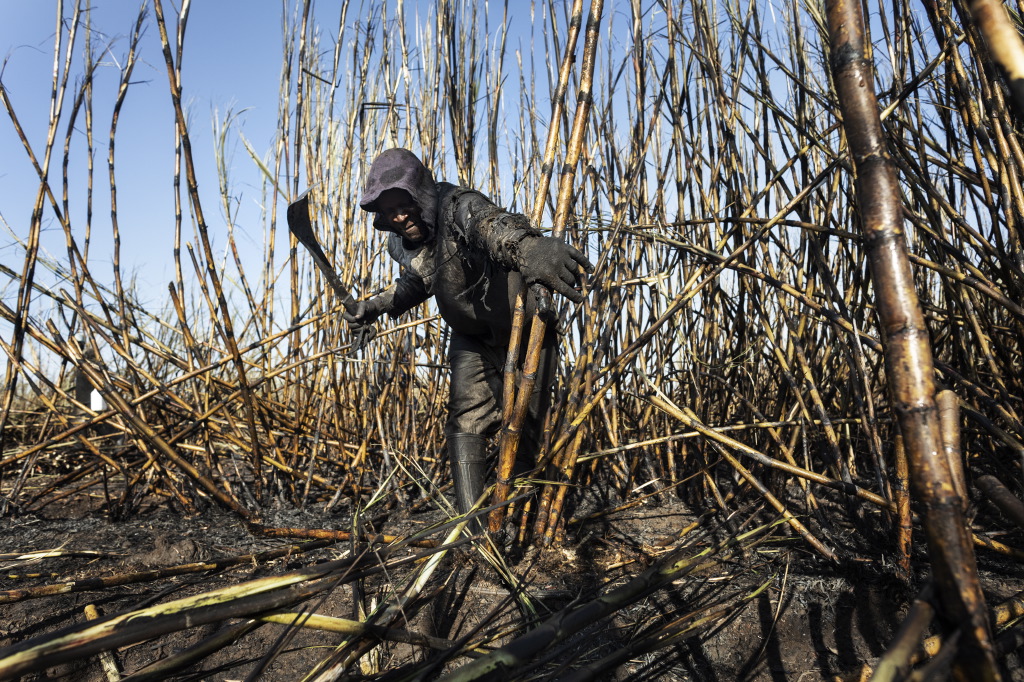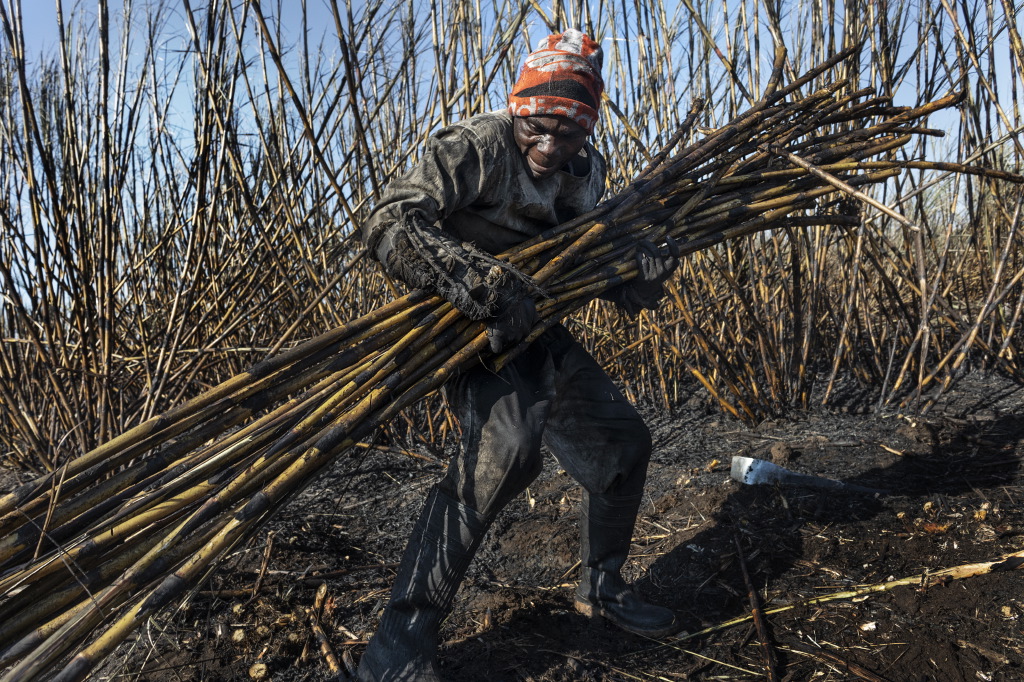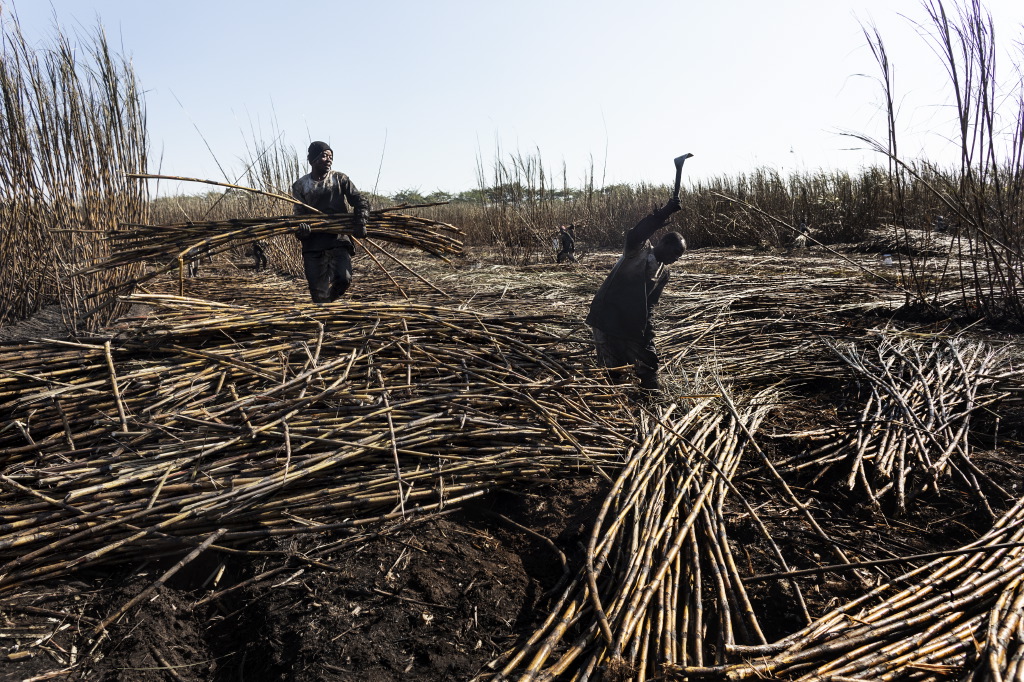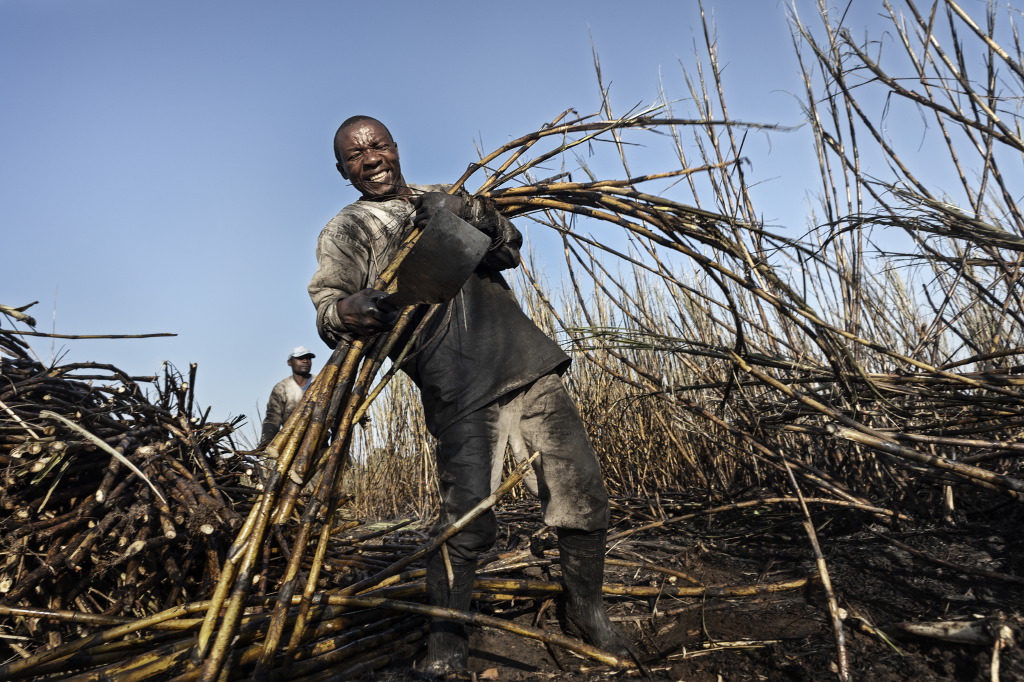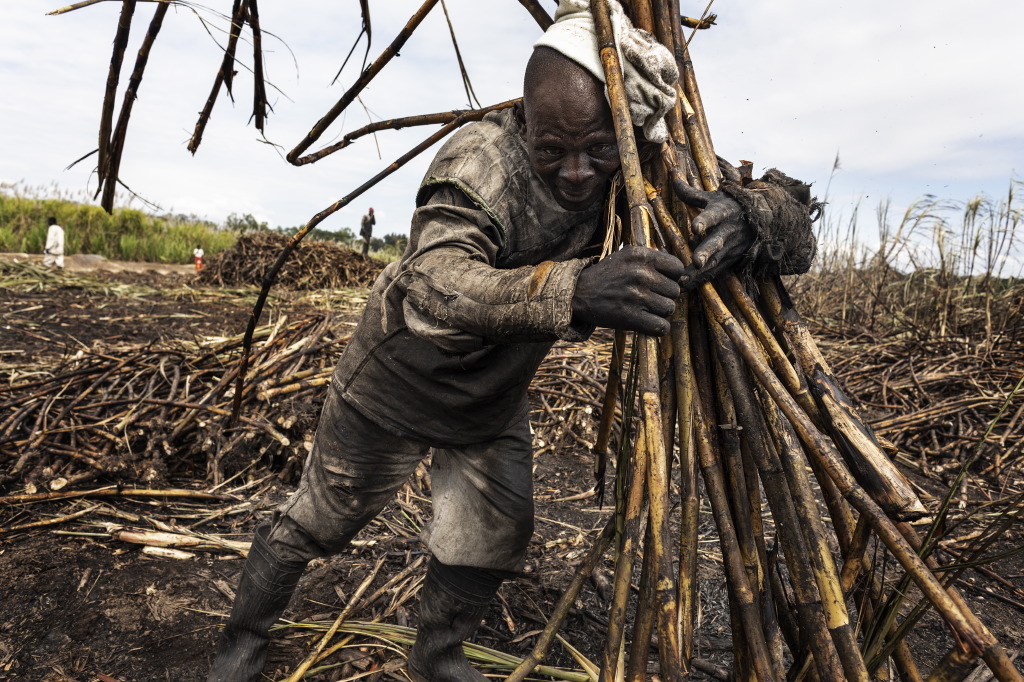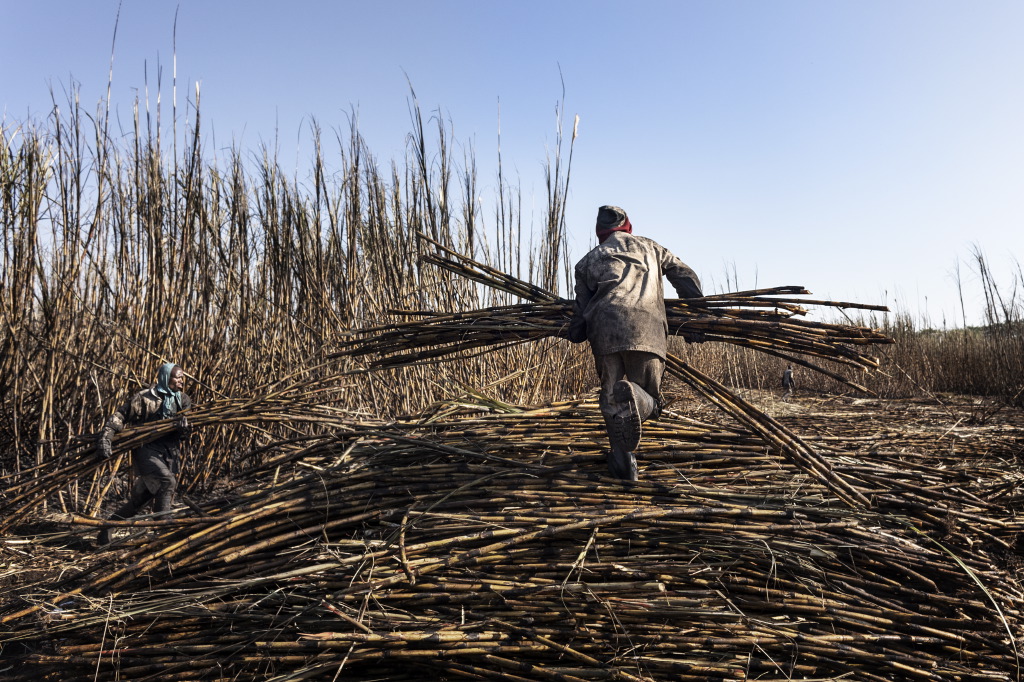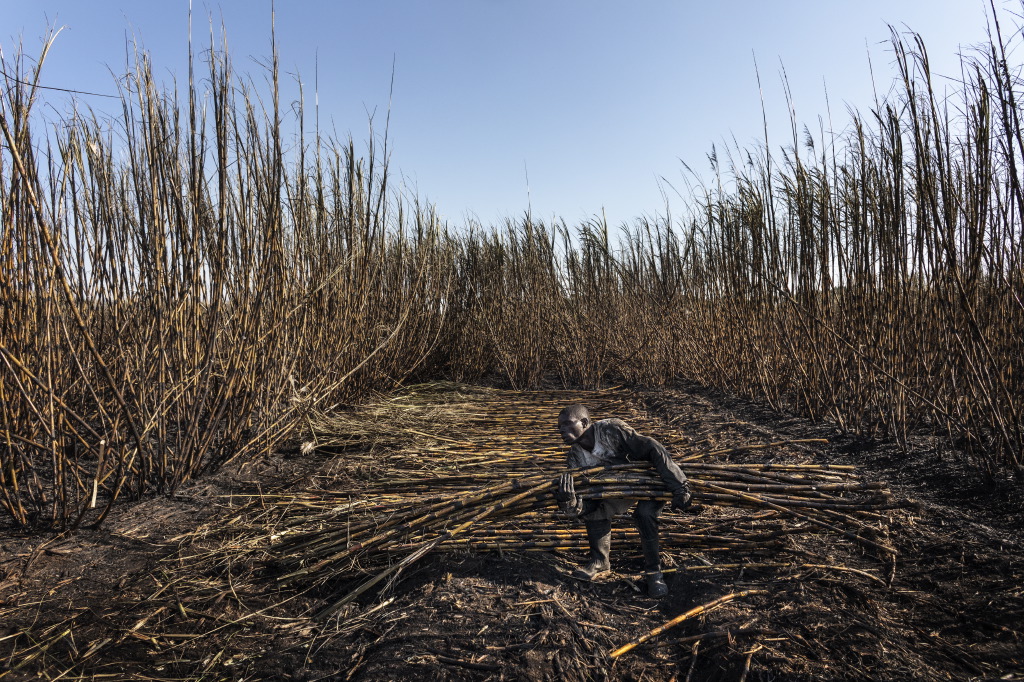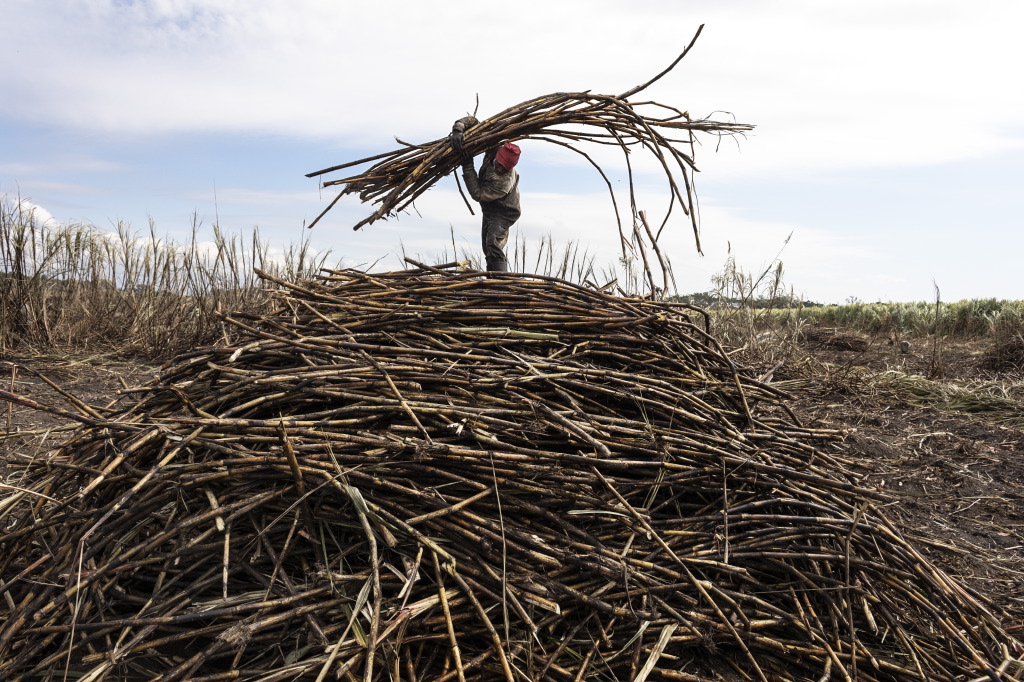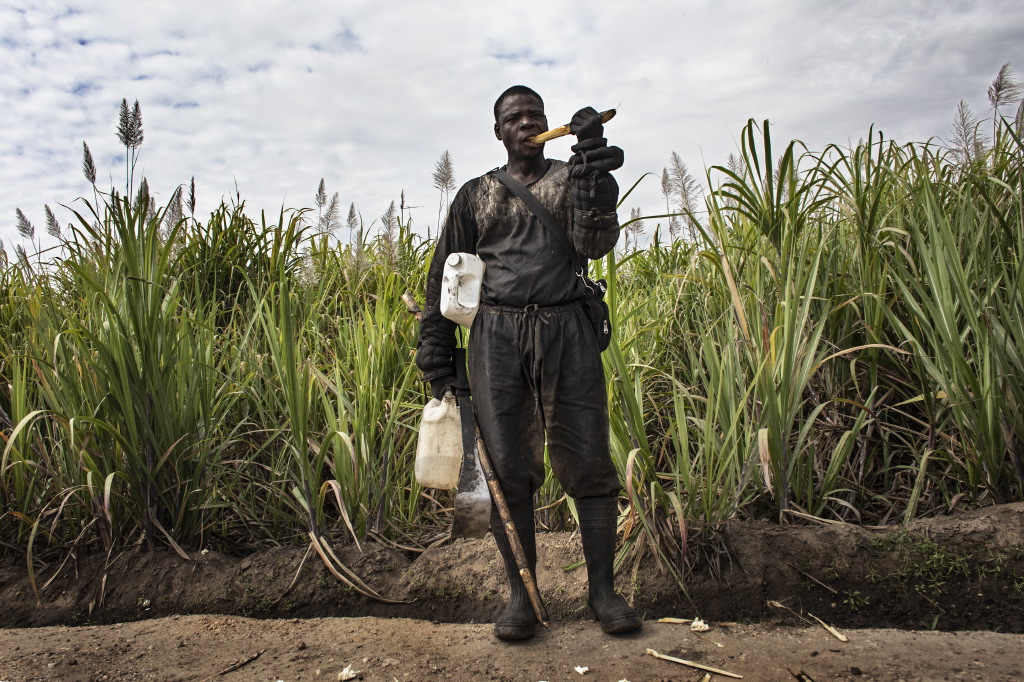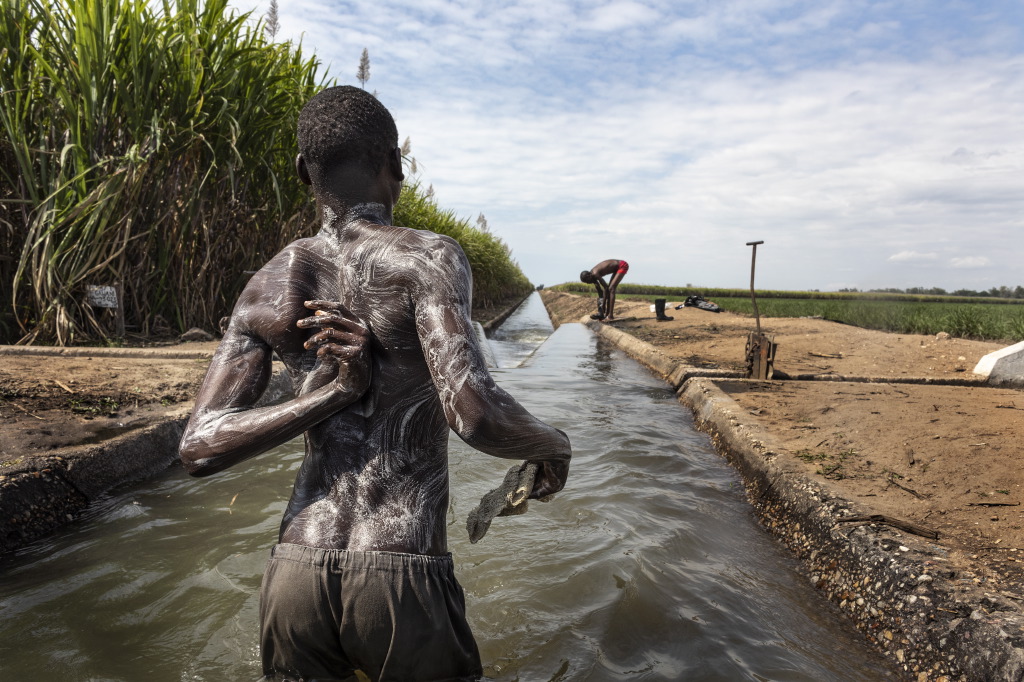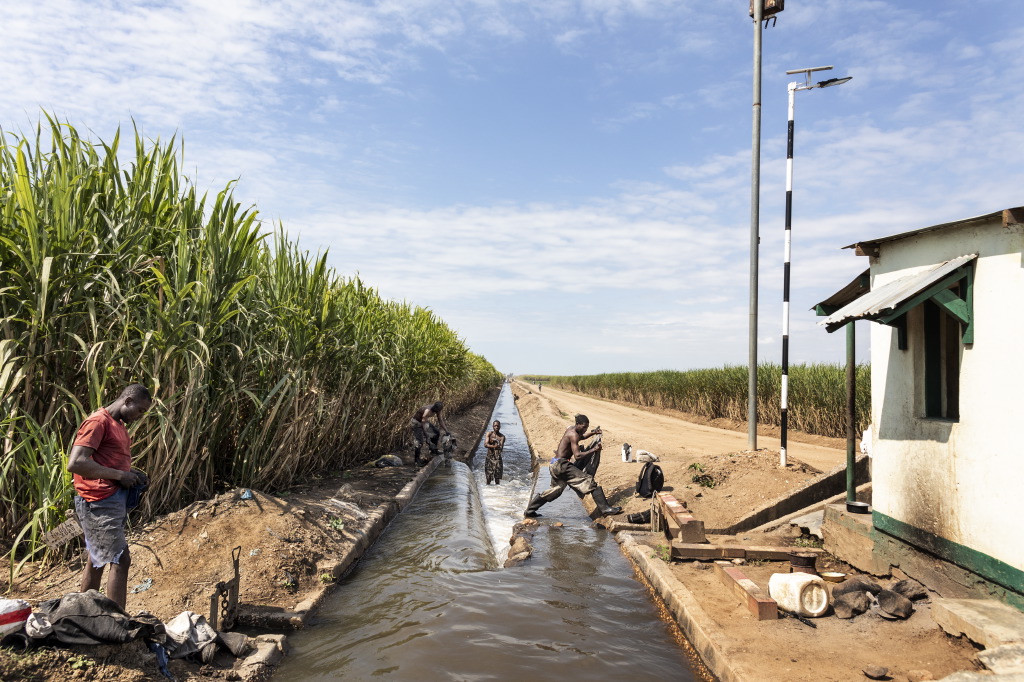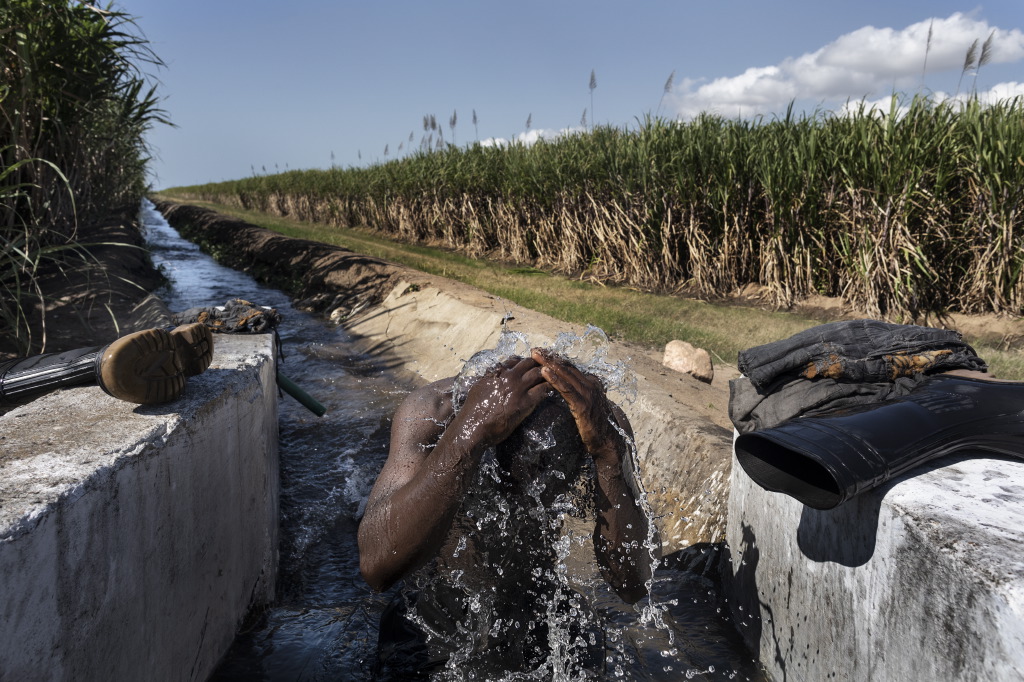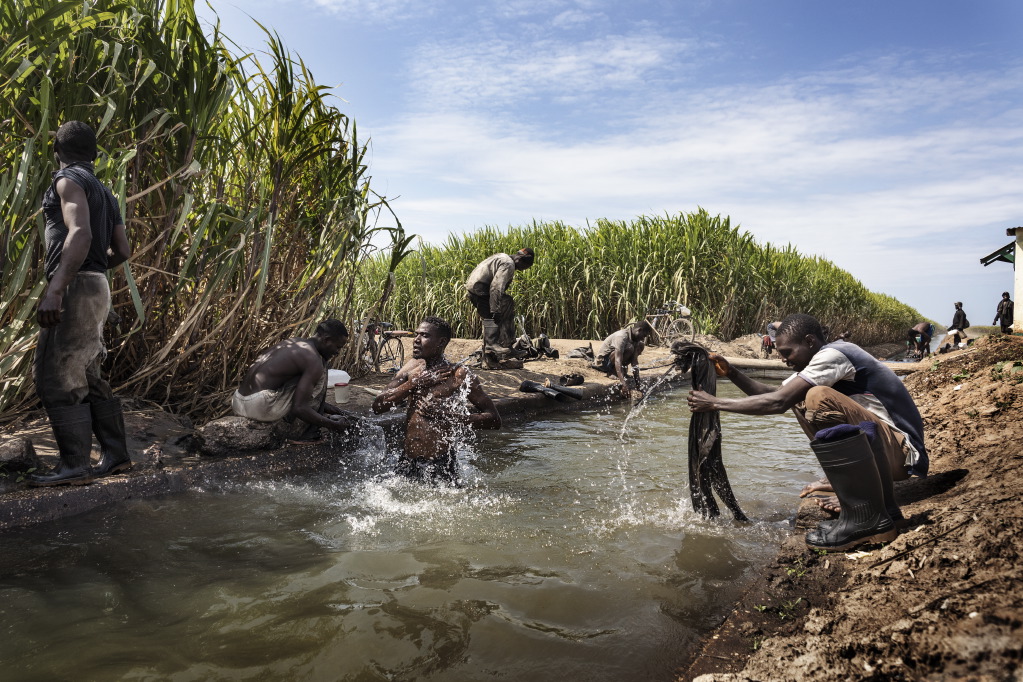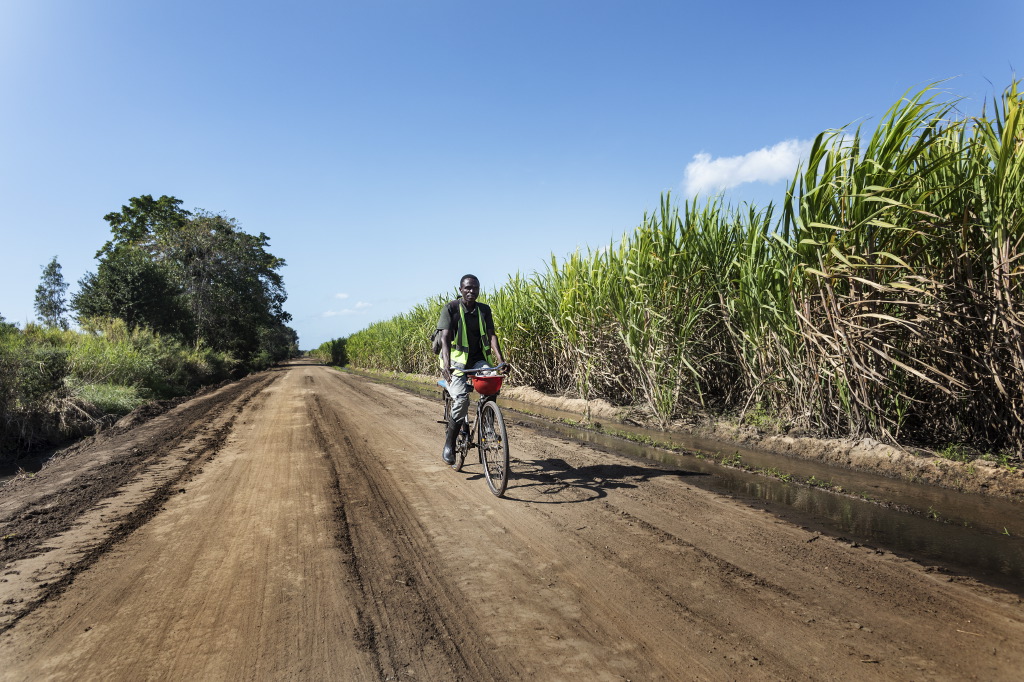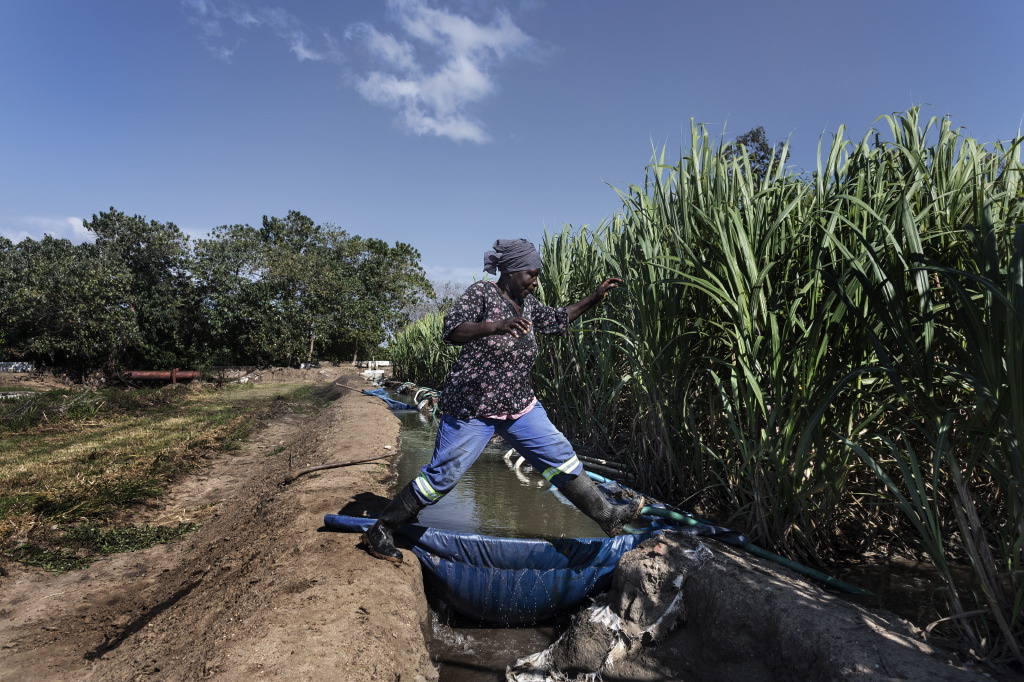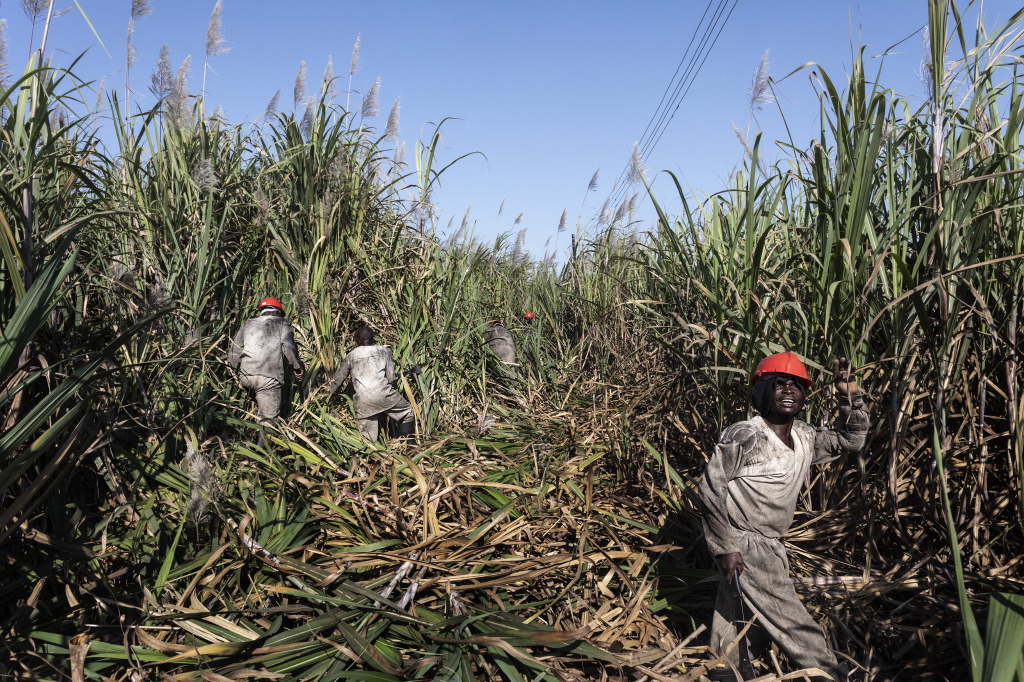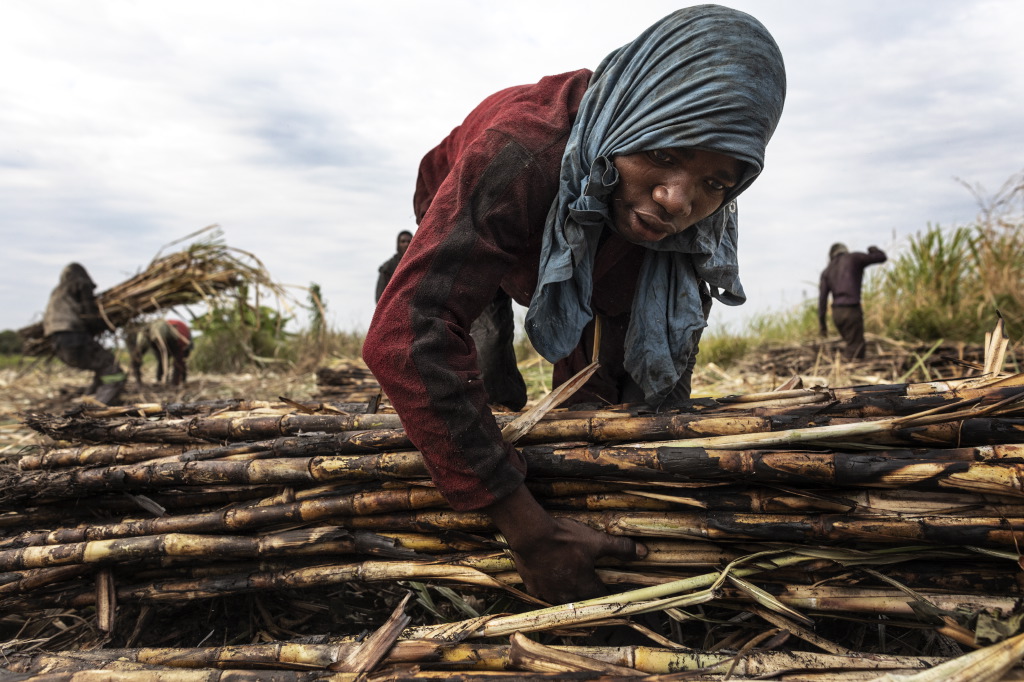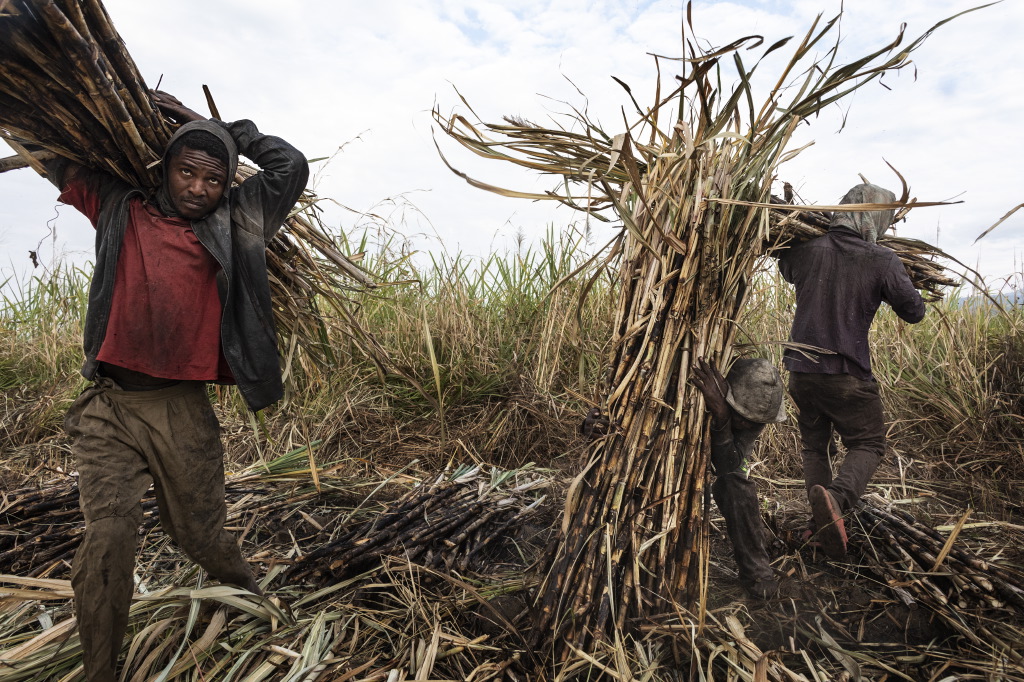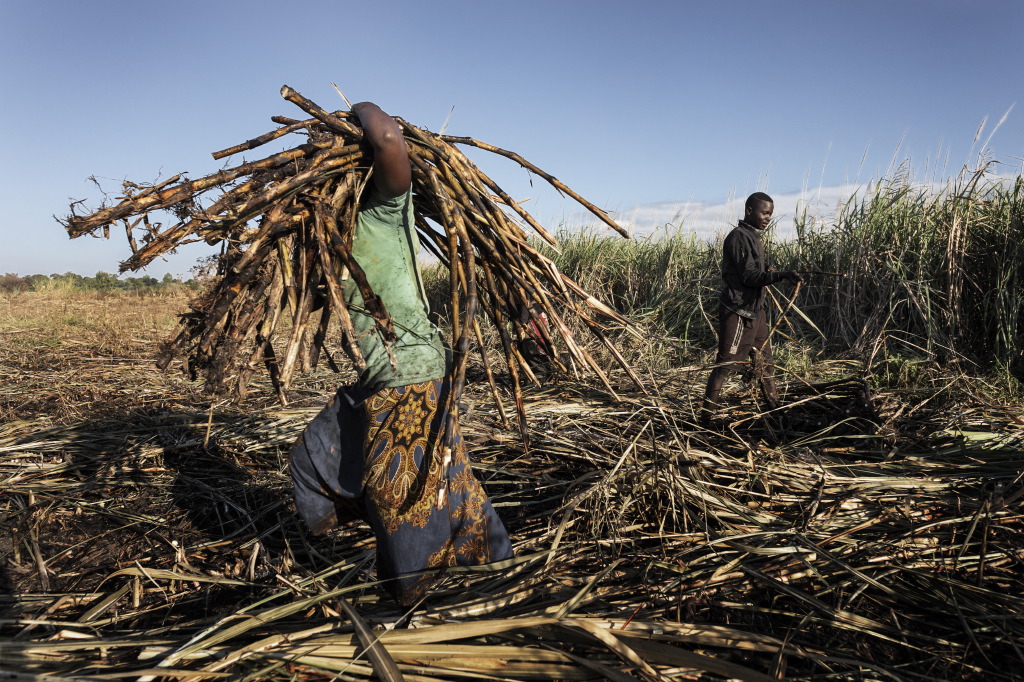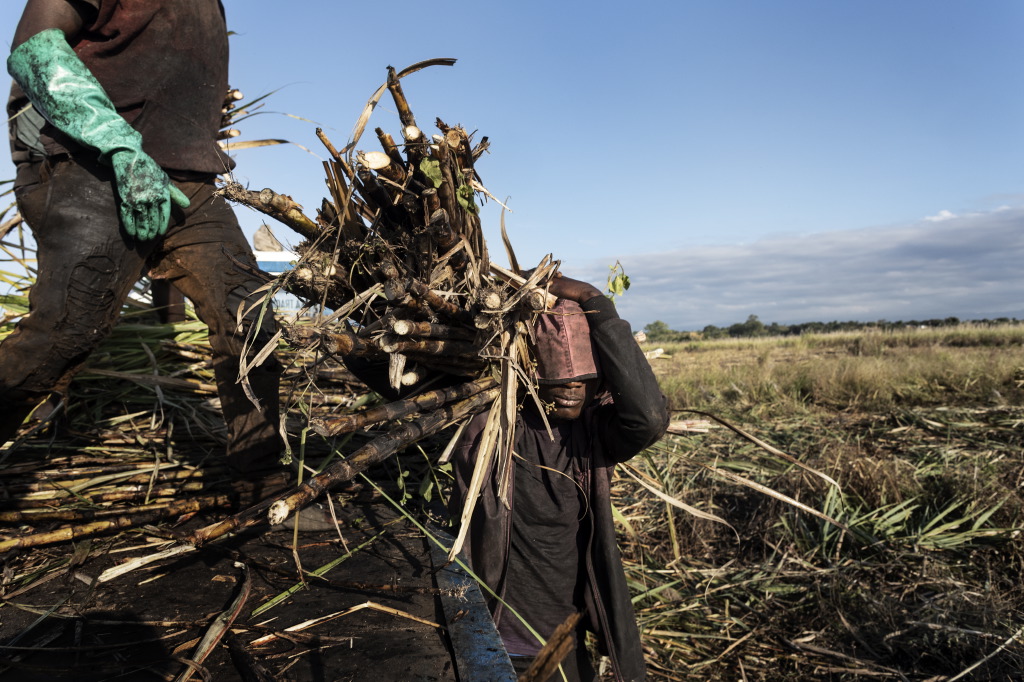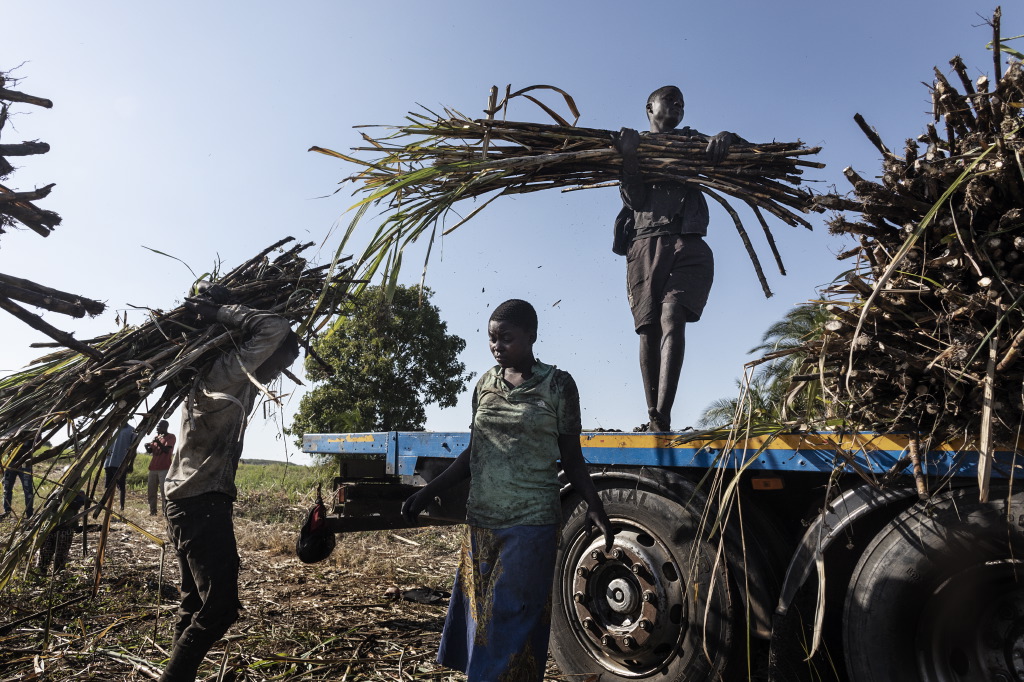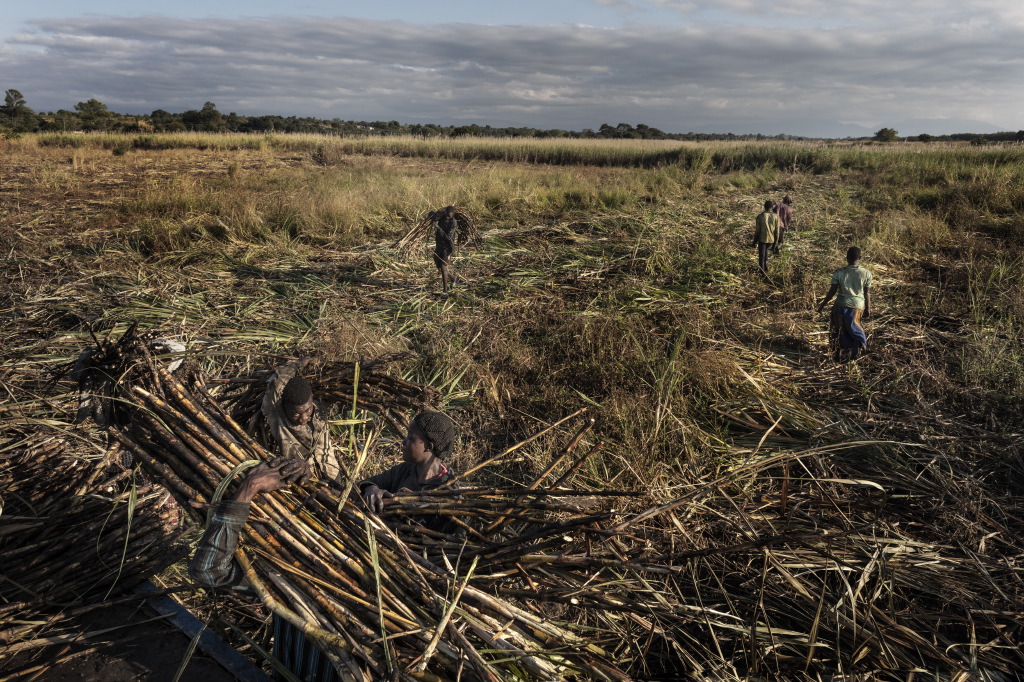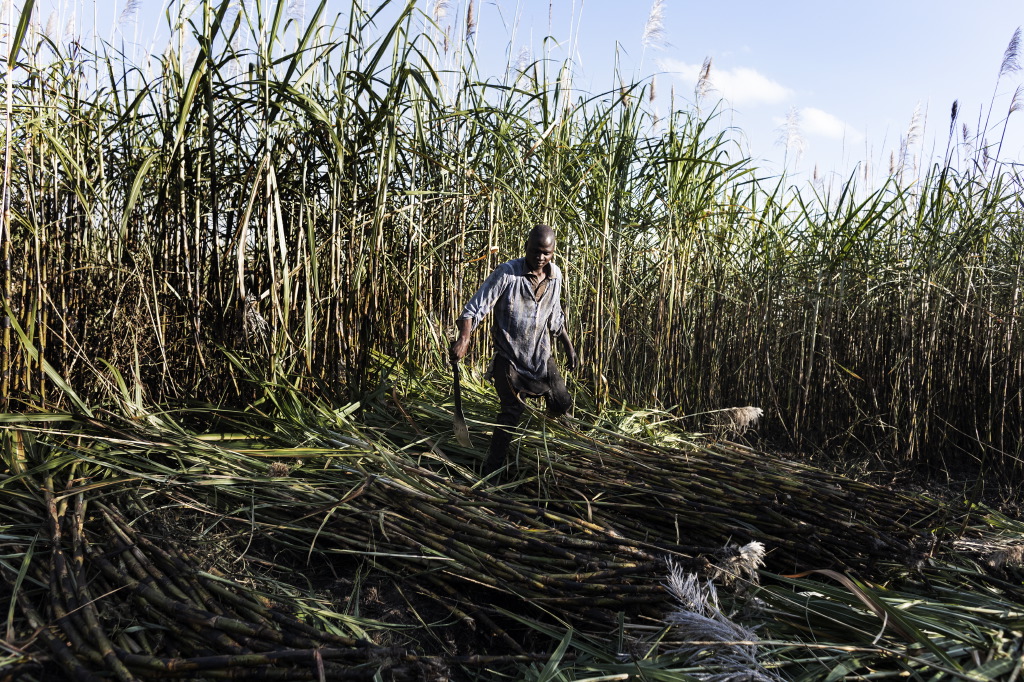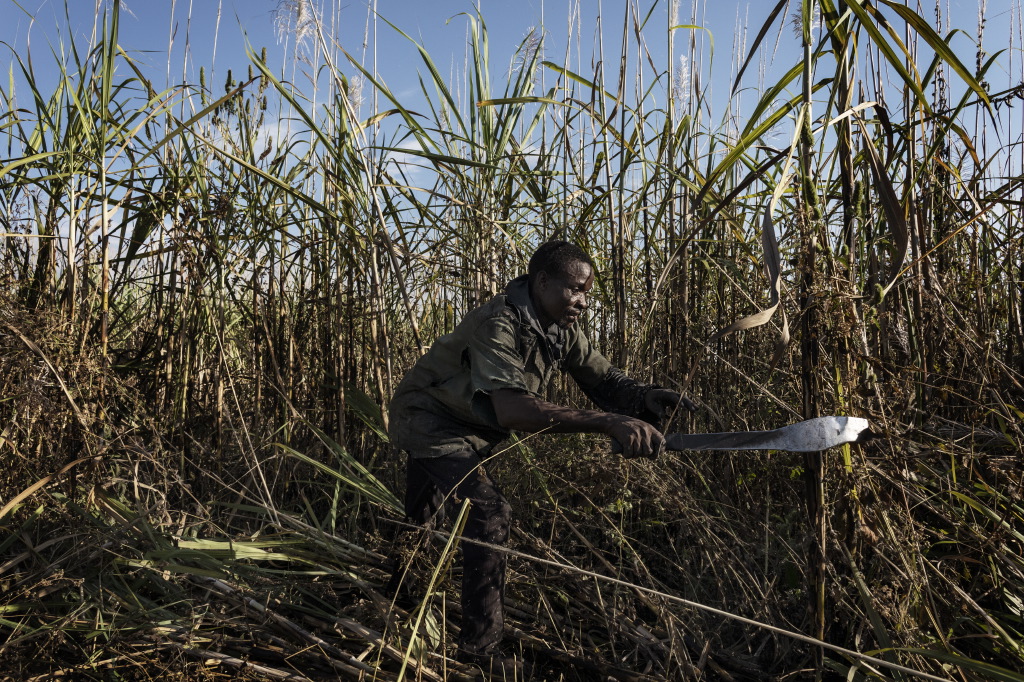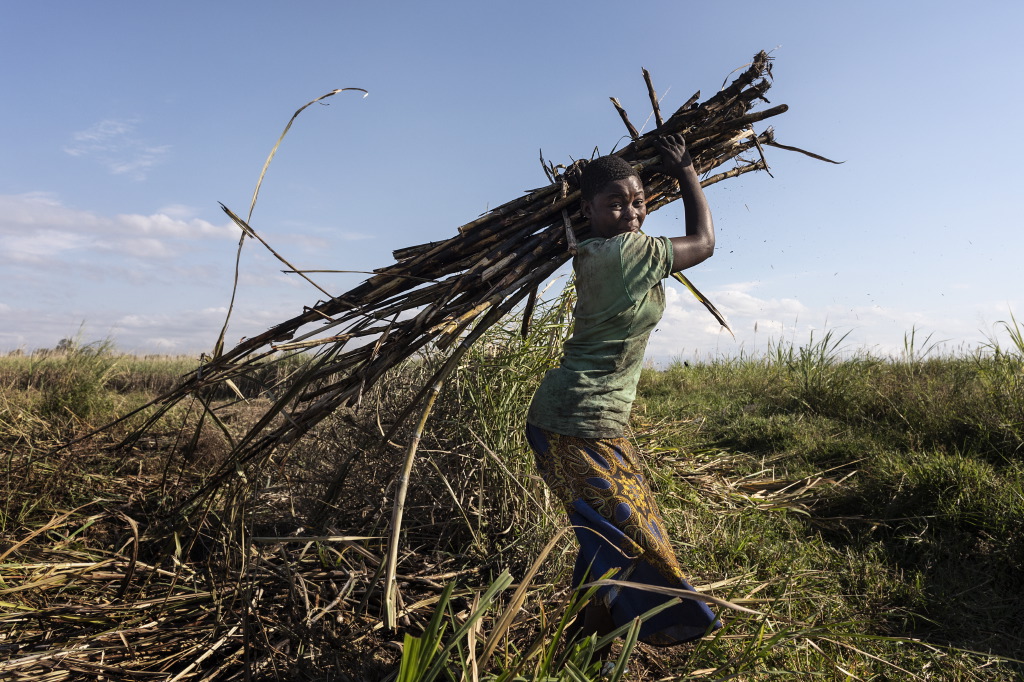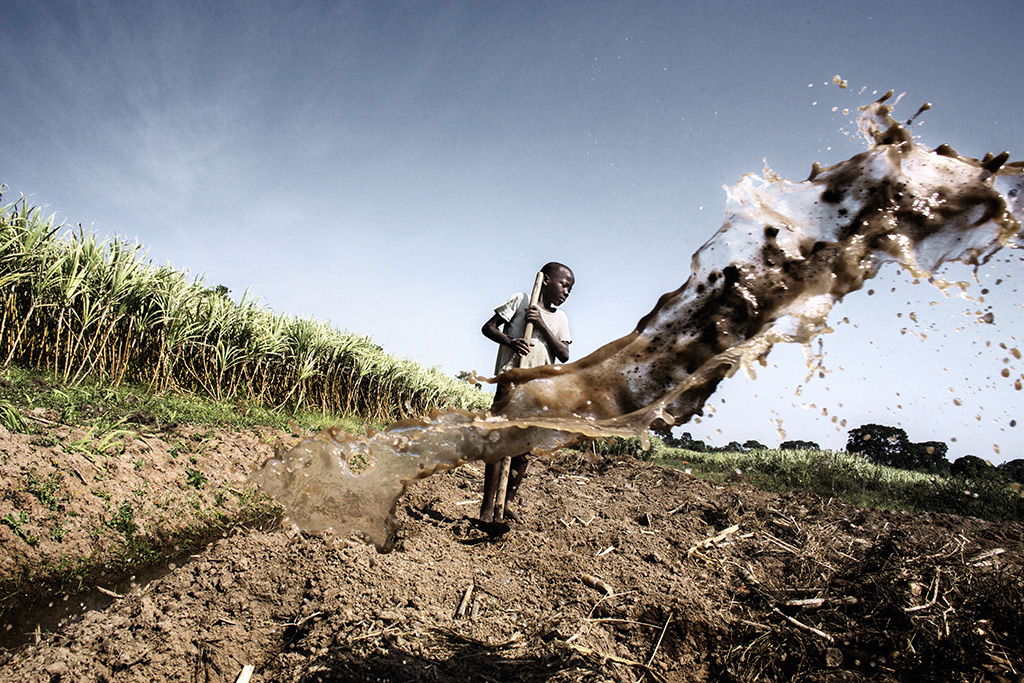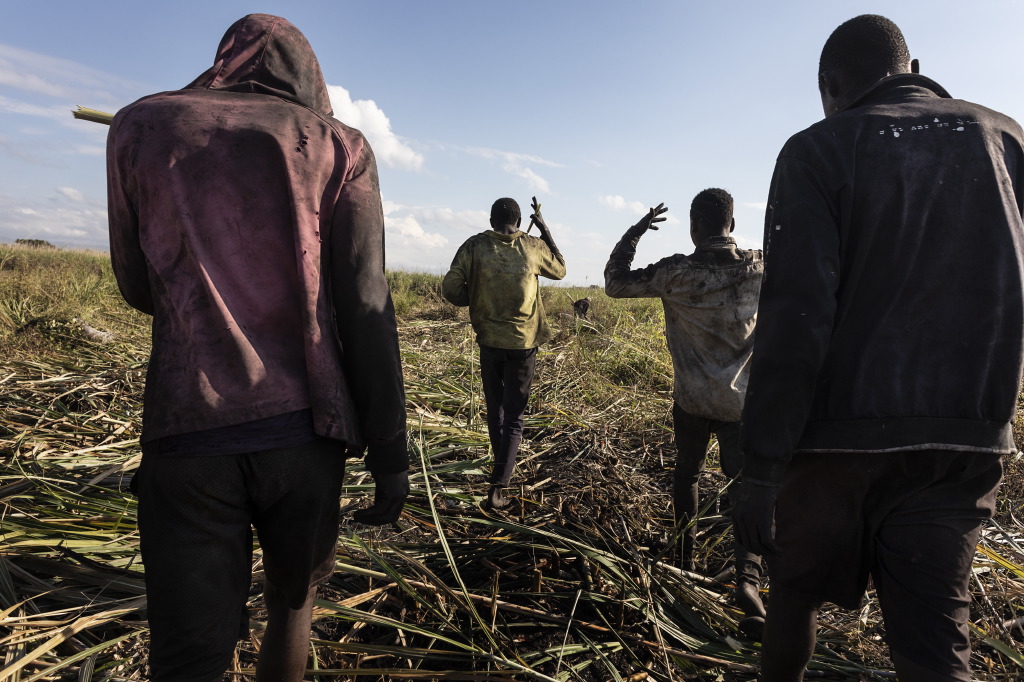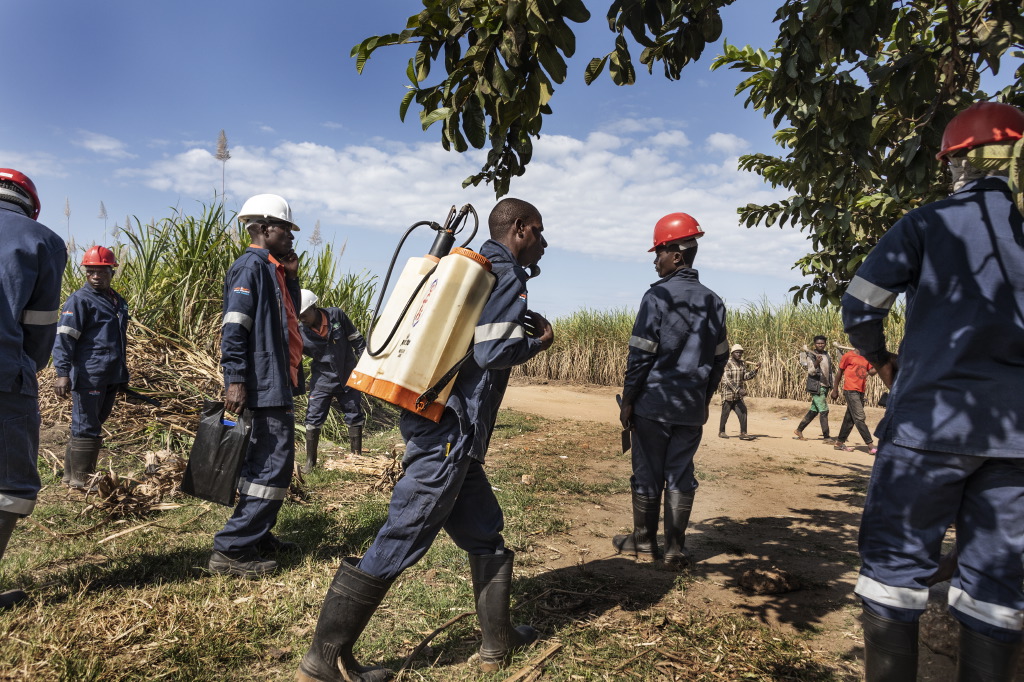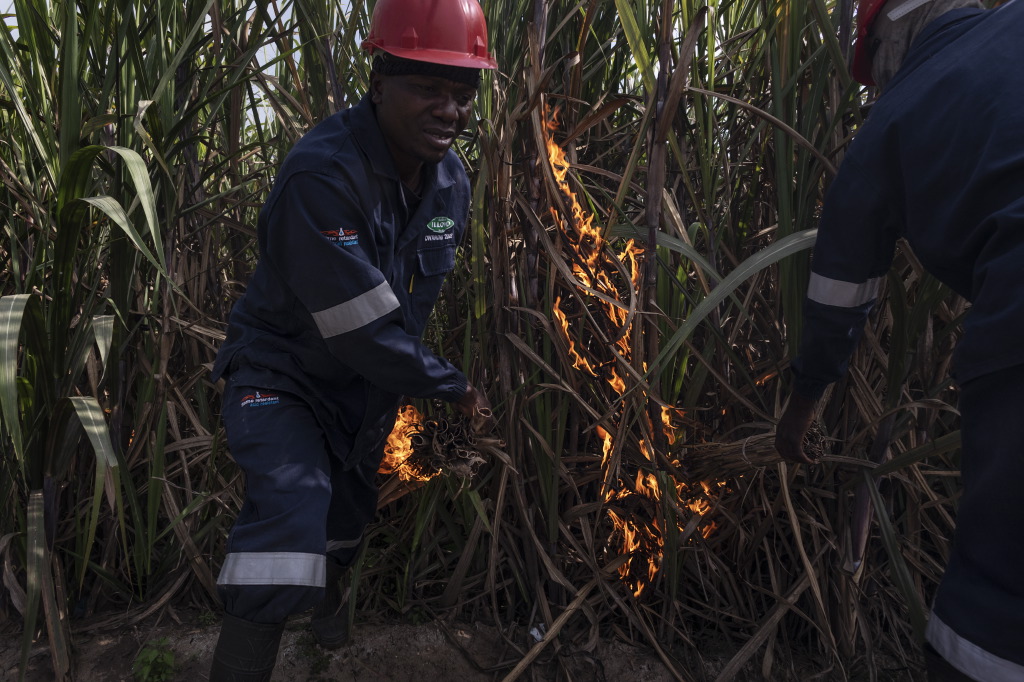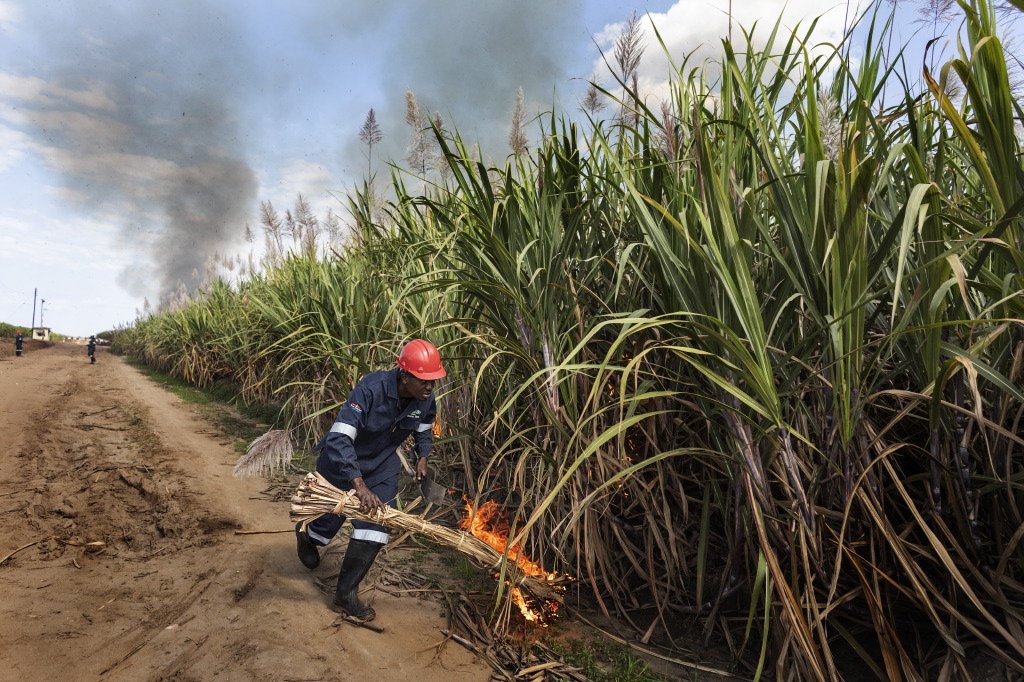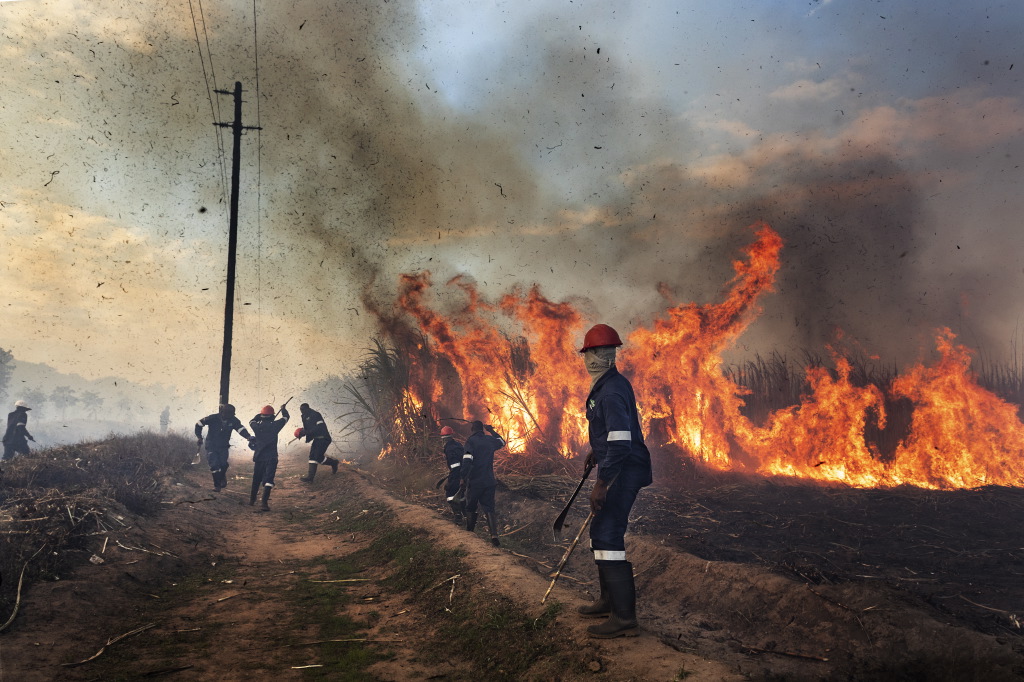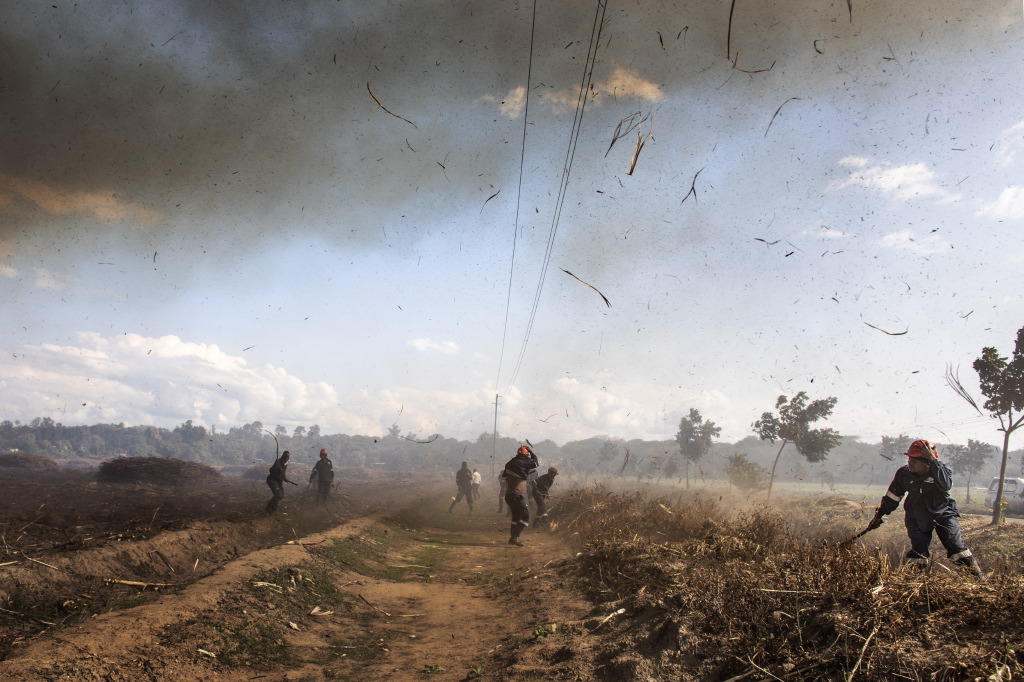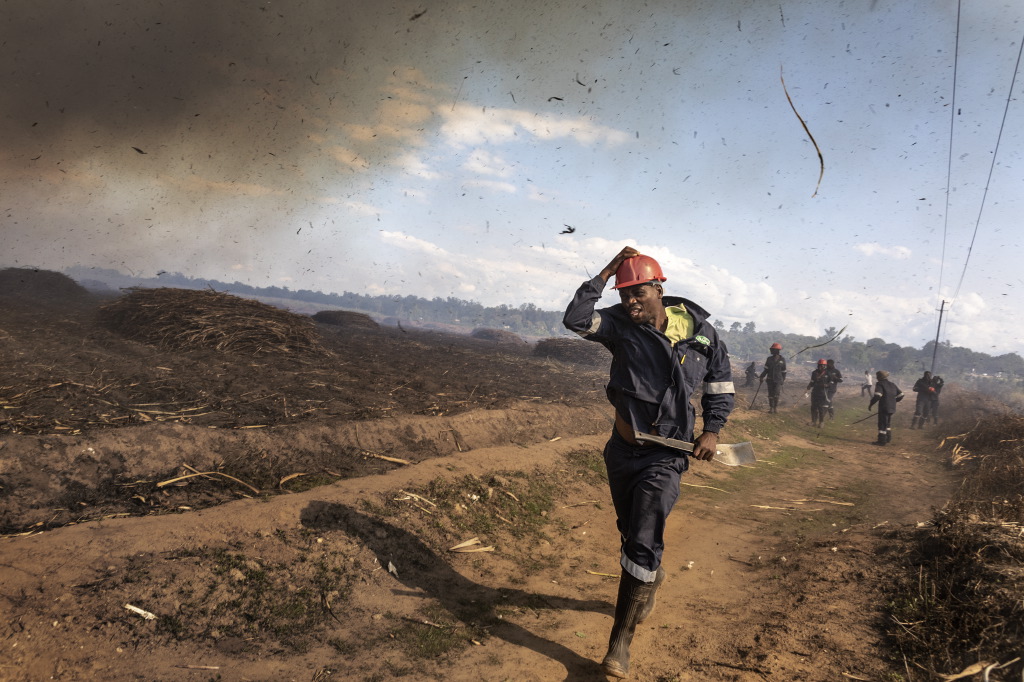X
The sugarcane industry in Malawi is directly connected to land-grabbing, which has led to the displacement of local communities. In 2009, the government of Malawi began promoting commercial agriculture and supporting land acquisition on behalf of investors interested in conducting large-scale agriculture. The aim was to encourage local farmers to substitute their traditional rice and cassava crop with sugarcane plantations and sell their yield to large sugar refining factories, such as the one in Dwangwa, run by the South African firm Illovo. The problem is that sugar production with its high demand for irrigation and other inputs, only requires large plots. Most of Malawi’s farmers, managing fields of less than a hectare, are forced to give up their land or alternatively to incur in high costs for the farming of their plantations; in the end, they are forced to sell their harvest to the Illovo Company imposing monopoly prices. The injection of outside Government money has been an incentive for wealthy local leaders who used their power to grab land from members of their own communities and then sell it to foreign? investors. This has become a serious problem as entire communities lost their land and their livelihood. Illovo Sugar Malawi is the country’s only sugar producer with over 60% of total sugar sales sold to domestic consumers and industrial markets whilst the rest gets exported to preferential markets in the EU and the US. Illovo Sugar Malawi, in Dwangwa, cover an area of 13,300 ha. Together with the remaining smallholder farmers, Illovo has the capacity to produce 2.4 million tons of sugarcane annually. Today, Illovo Sugar Ltd. is the largest (and cheapest worldwide) sugar producer in Africa, with extensive agricultural and manufacturing resources in six South African countries. Despite being a pan- African Group, its main shareholder is Associated British Foods plc – the second largest sugar producer in the world – which owns 51% of the company’s stock. (text by Luca Catalano Gonzaga).
